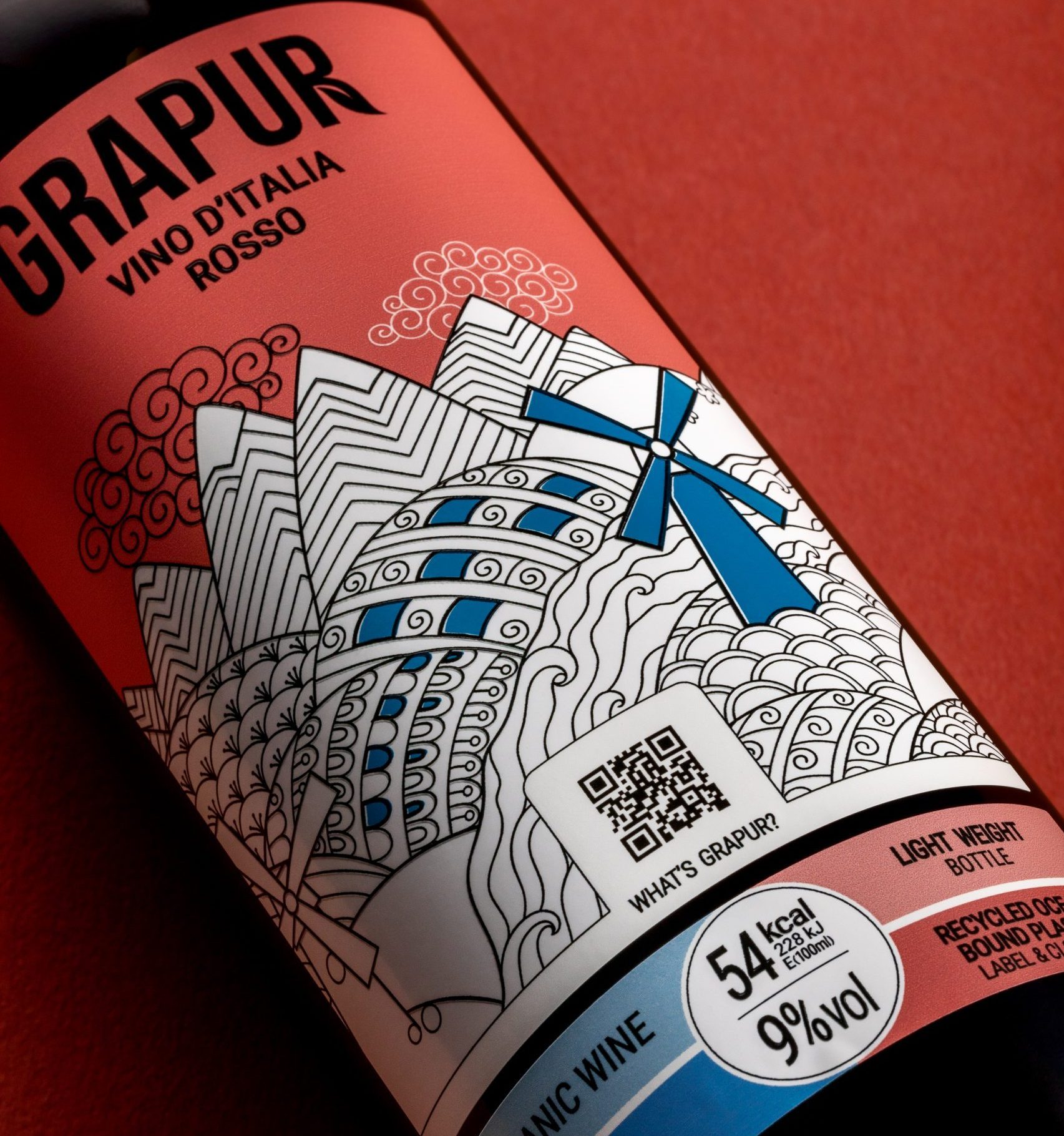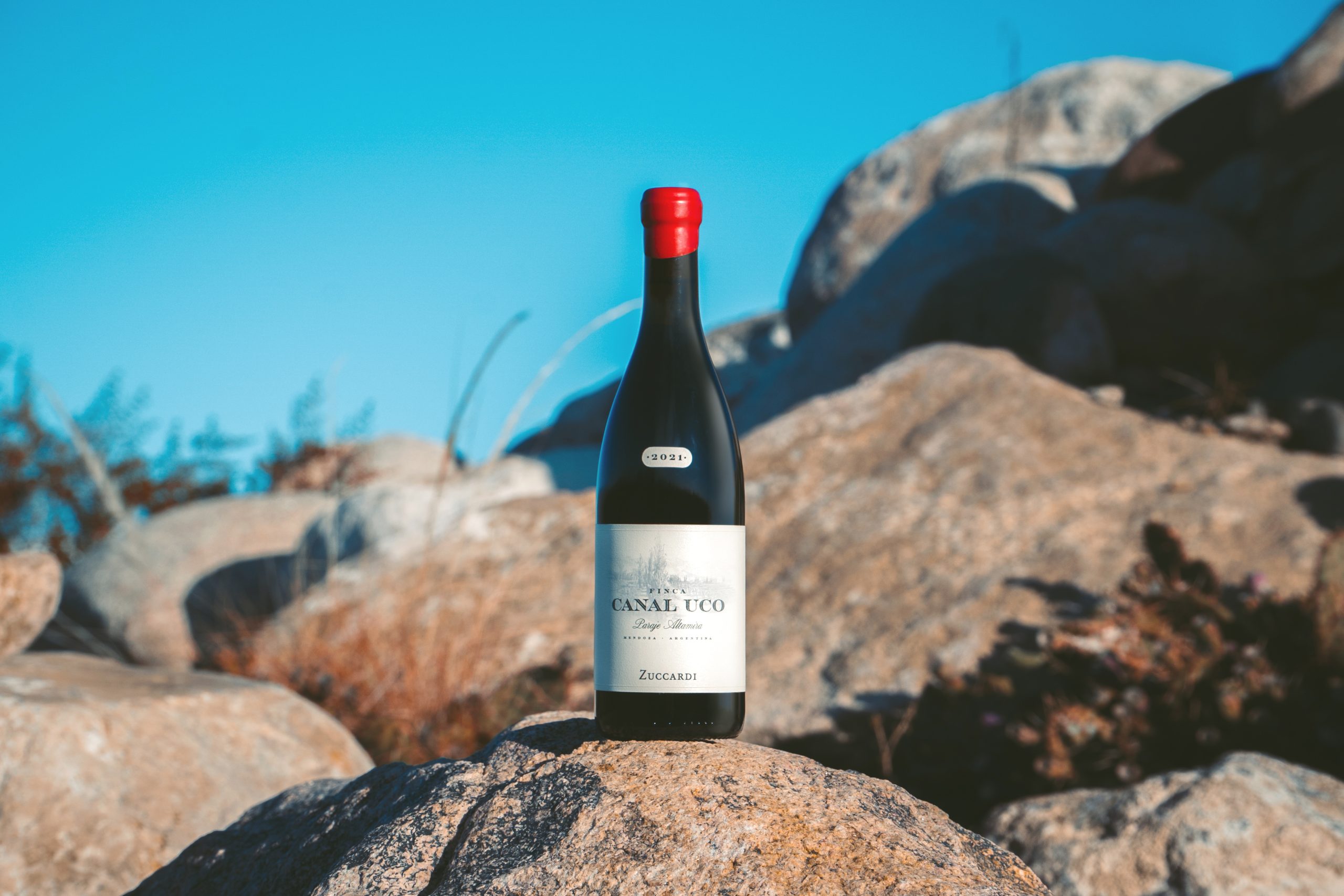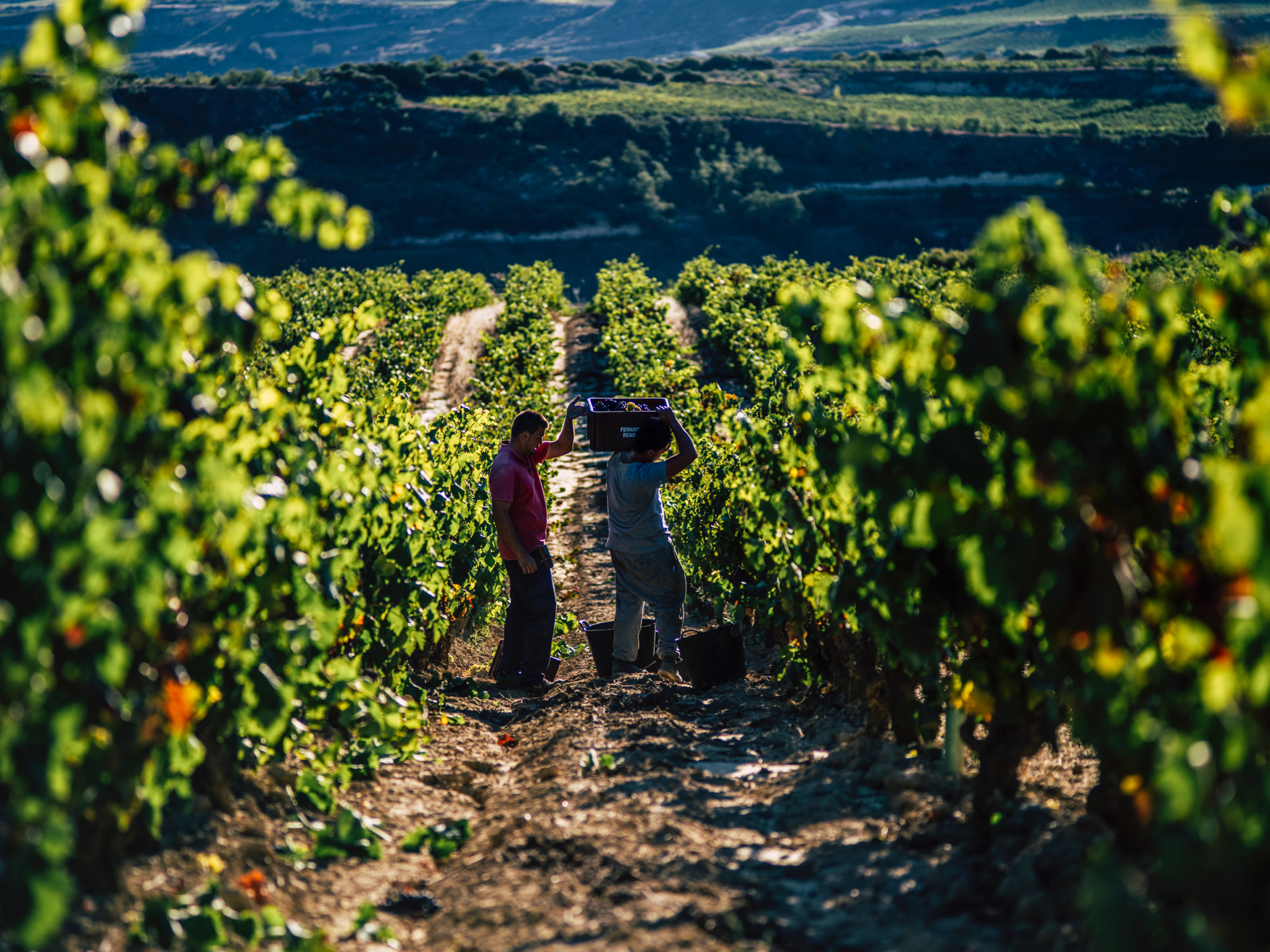‘Authenticated’ 1880s Glenlivet goes on sale
A rare bottle of Glenlivet from the 1880s is to be auctioned online this month. Despite warnings of the extent of fake Scotch in the market, this bottle has reportedly been authenticated as far as possible, is it the start of a new standard for old bottles of Scotch?
The rare bottle of 19th century whisky is expected to fetch £10,000 as part of an online sale being run by Whisky Auctioneer in Perth.
Bottled by a high-end American grocer in Boston in the 1880s, it is an extremely rare find but rather than take it at face value, the bottle has been put through stringent authentication tests.
Yesterday (20 December), a report by Scotch consultancy agency Rare Whisky 101 warned that following a long-running investigation it had run, the Scotch market was riddled with fakes worth millions of pounds.
It warned in particular that bottles from pre-1900 were especially high risk and advised that thorough authentication should be demanded by prospective buyers prior to any purchase.
It was almost a cruel irony therefore that on the same day the report was released, Whisky Auctioneer announced it was offering a bottle of ‘Private Stock Old Glenlivet’ in an online sale running from 21 December to 7 January.
The whisky was bottled during the 1880s by Wood Pollard Co. of Boston Massachusetts and is expected to fetch in the region of £10,000.
Wood Pollard was a high-end grocer that specialised in cigars, coffee and spirits such as Scotch, which (like wine of the period) was shipped in cask and the bottled by the buyer. The business ceased trading in the 1920s.
In terms of provenance, the bottle was part of the private collection of one of the founders of Wood Pollard for many years and sold by the grandson to a wine merchant who sold it to the present vendor.
In addition Whisky Auctioneer worked with the report’s authors, RW101, Scotch expert Angus MacRaild and the Scottish Universities Environmental Research Centre (SUERC) to try and authenticate the whisky further.
Partner Content
Carbon date testing showed the liquid in the bottle dated from as early as 1809 to 1900, a broad spectrum but nonetheless in line with the story it was bottled in the 1880s (and may be a much older spirit to begin with).
The label, stopper and bottle were also examined for inconsistencies but MacRaild said that, “there is nothing about the bottle which, in my experience, alludes to tampering or forgery of any kind. I have a high degree of professional confidence that it is a genuine bottle of Scotch whisky from the late 19th century.”
Given the potential suspicion surrounding old and rare liquids (wine and spirits) and in light of some recent high profile fakes and counterfeit warnings, Whisky Auctioneer has clearly been at plains to verify this bottle as much as possible.
With the current trajectory of the Scotch and broader whisky market will and should this sort of testing become de rigeur, particularly given the prices now being demanded?
The move in fine wine in recent years, in the wake of the Rodenstock and Kurniawan scandals, is an emphasis on greater proof of provenance and authenticity by buyers which is reflected in the prices they are willing to pay for genuine stock.
Perhaps even more so than wine, the price of rare whisky today, be it old or young, means authenticity is of paramount importance to the secondary market.
It is not impossible to imagine a market of the near future where collectors are asking more of their whisky providers and those who pre-empt such demands can steal a march on others.
For more on the sale click here.




